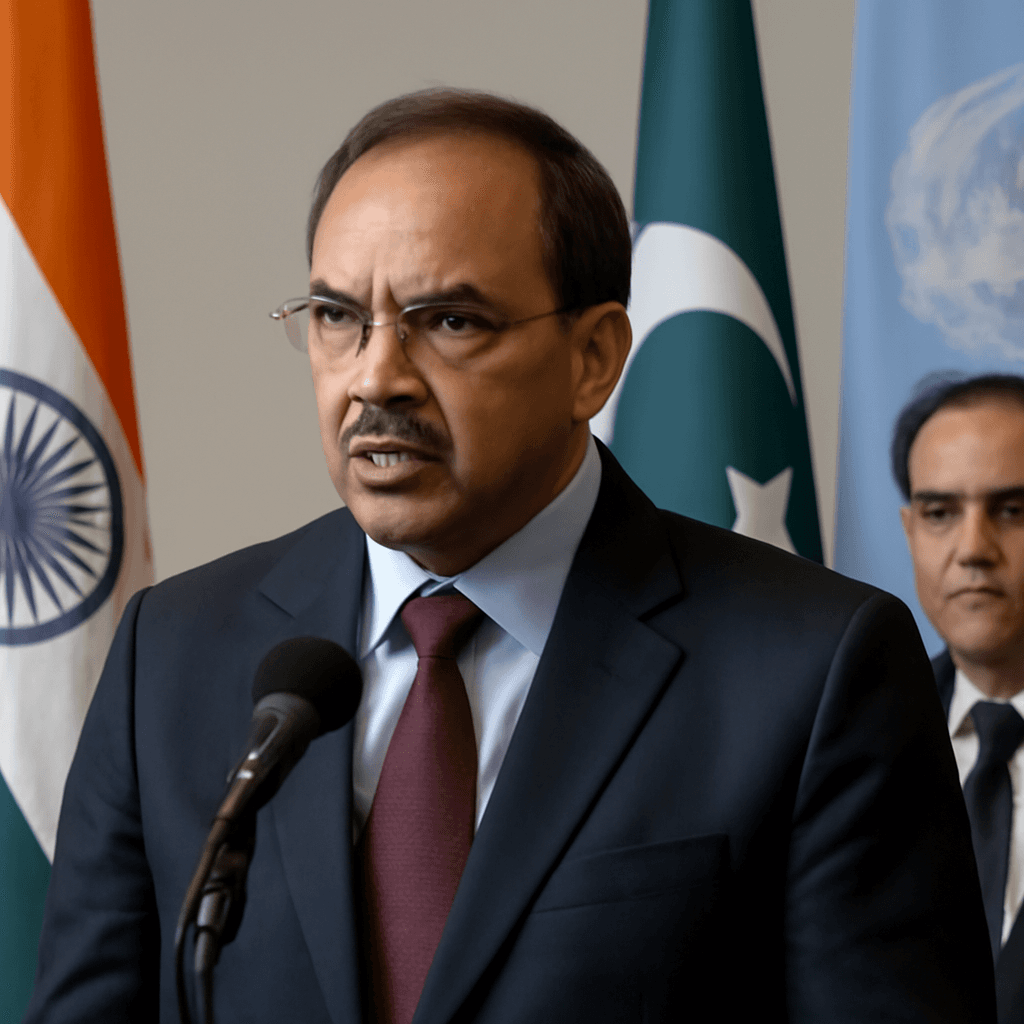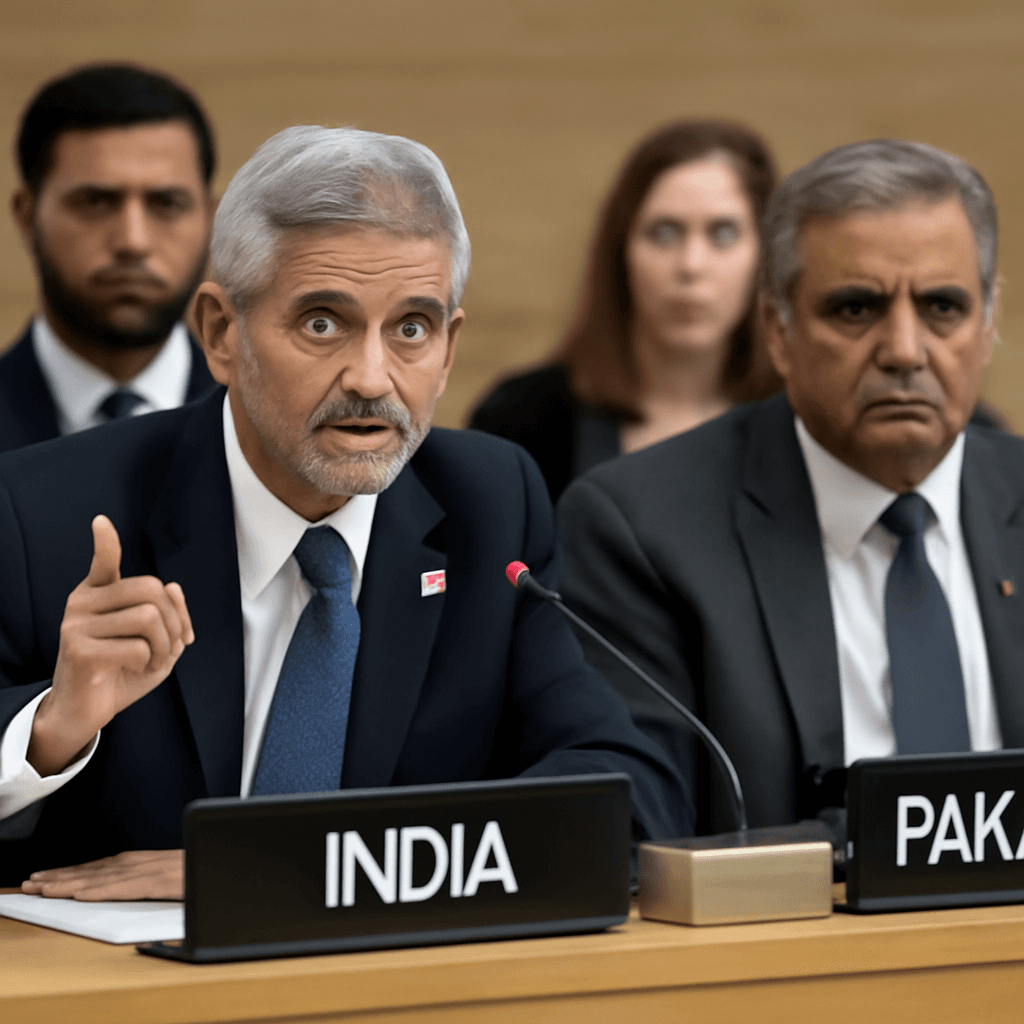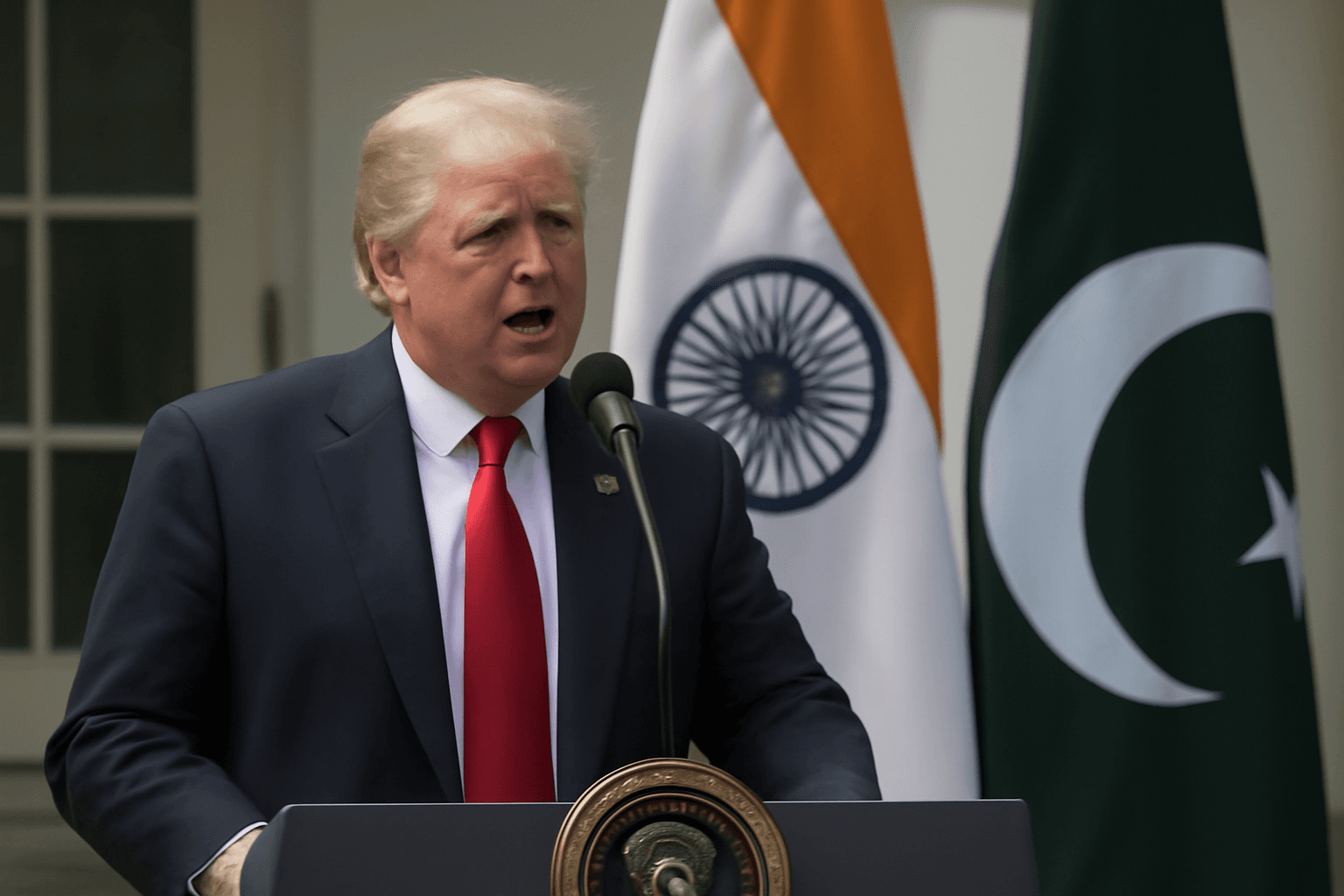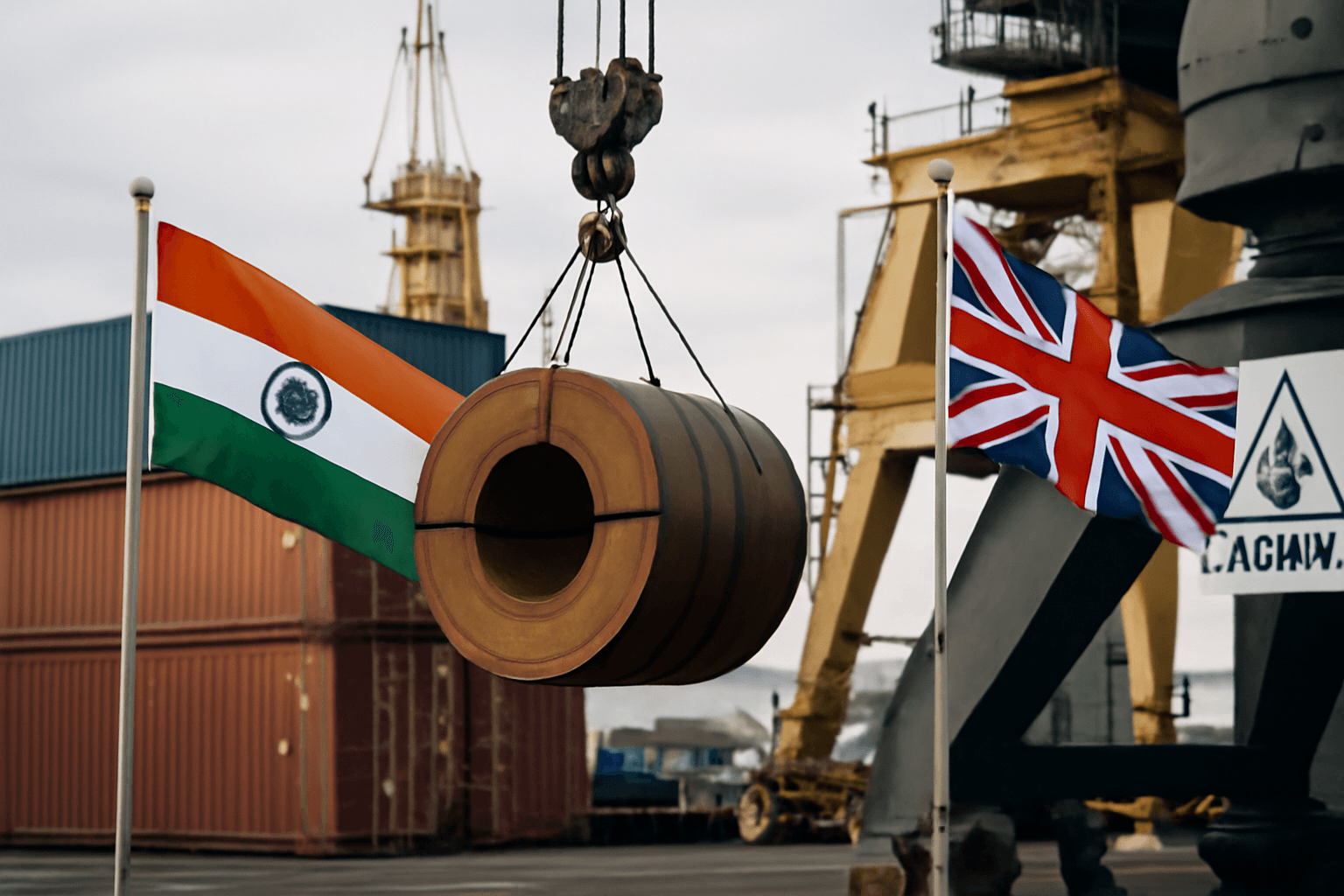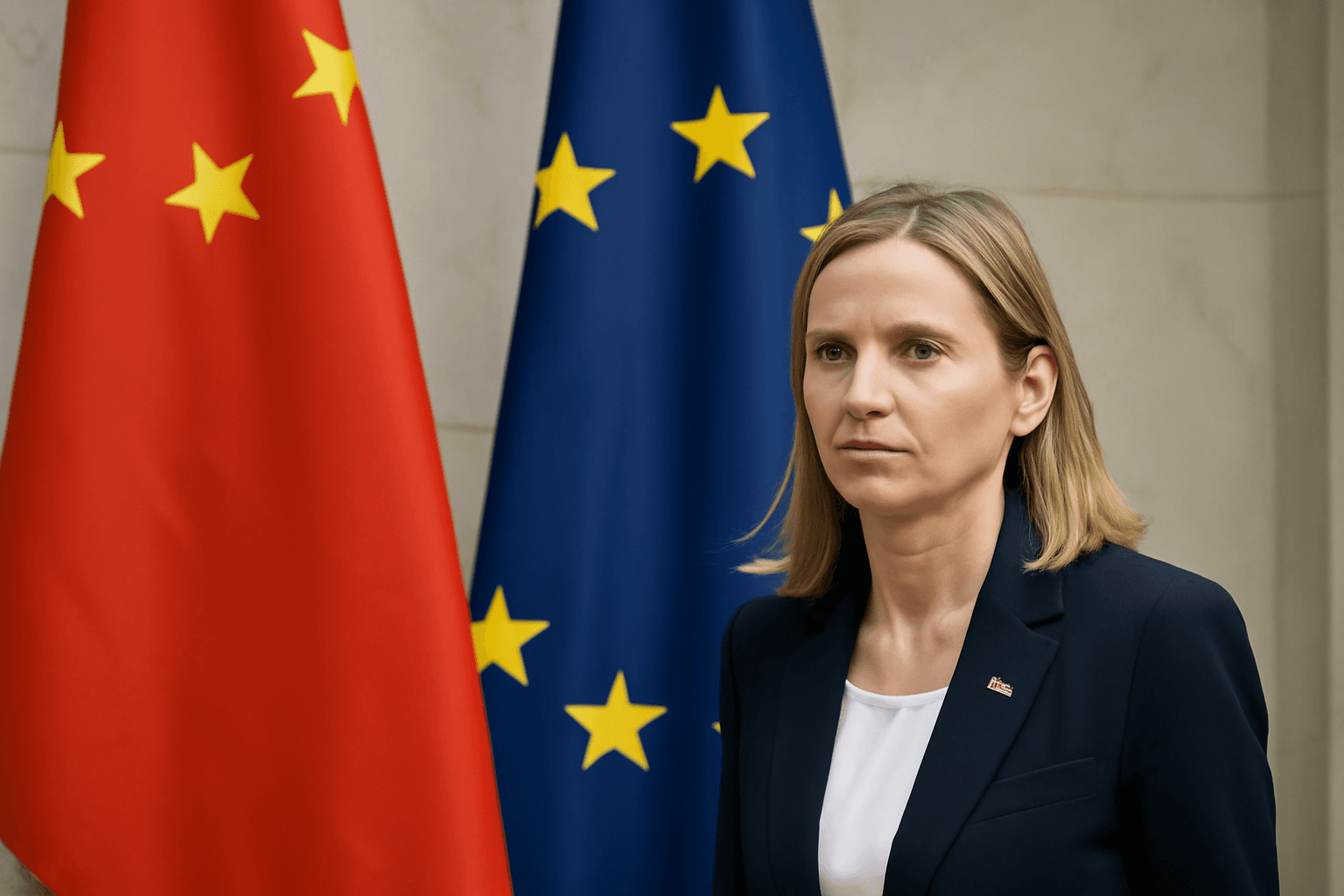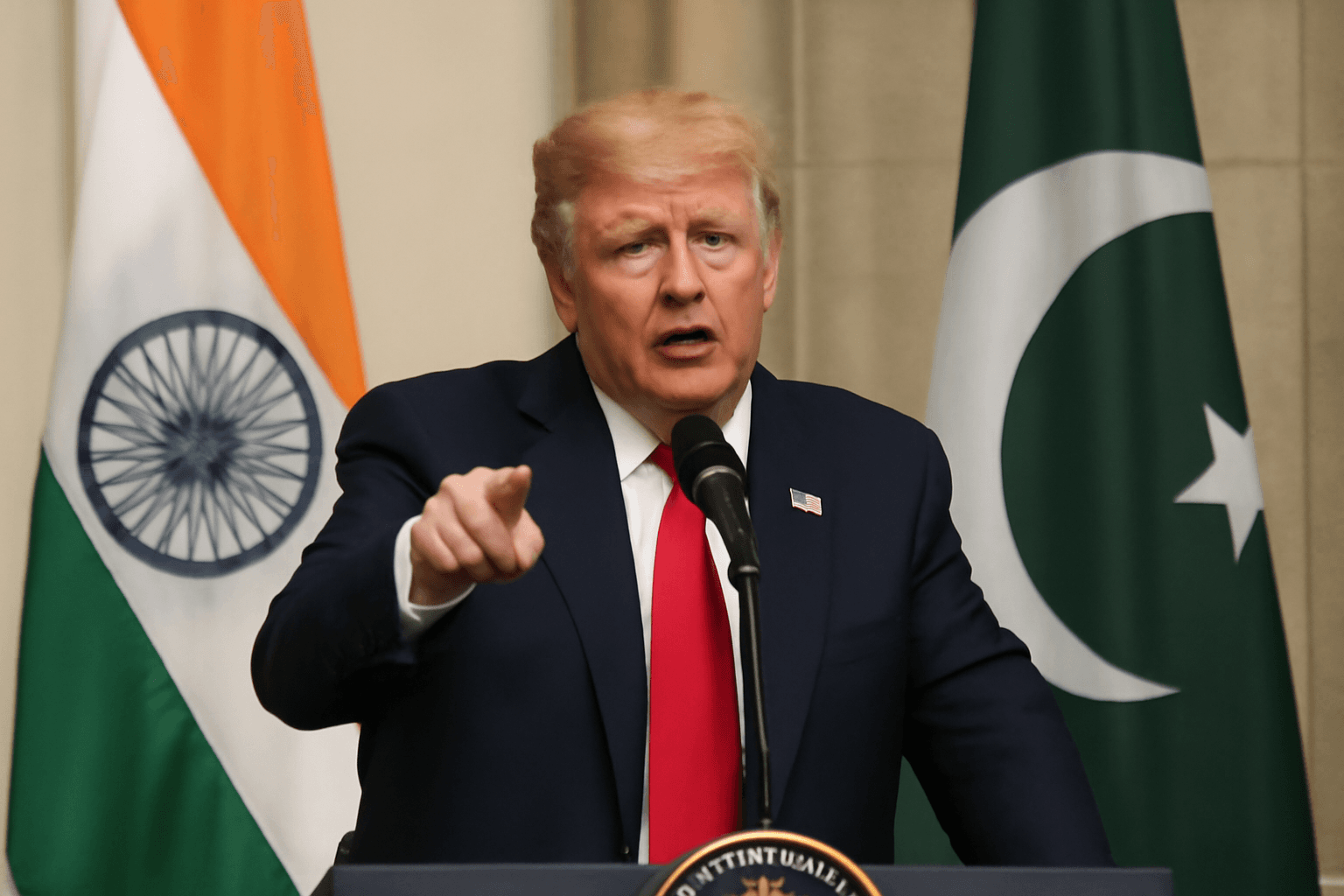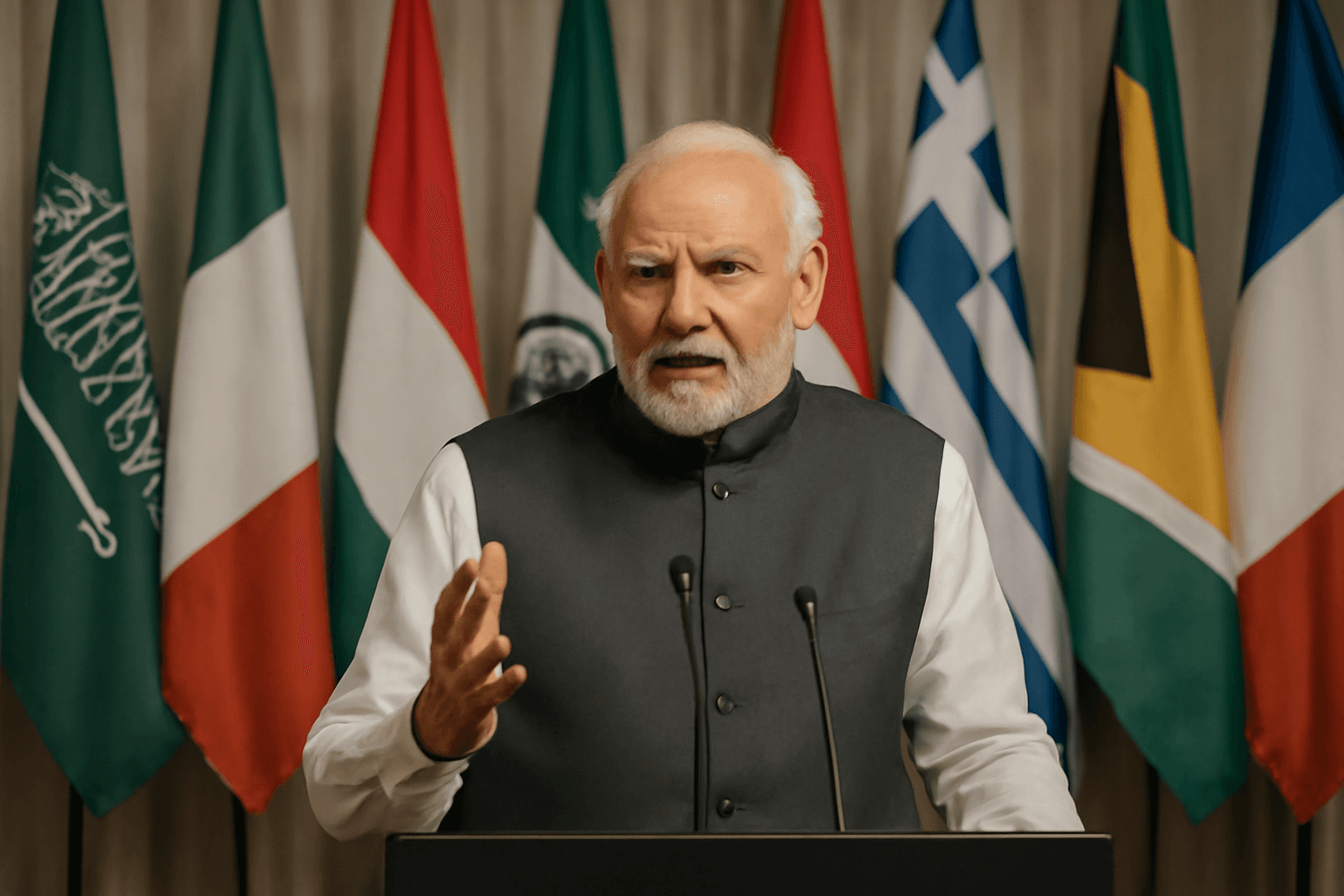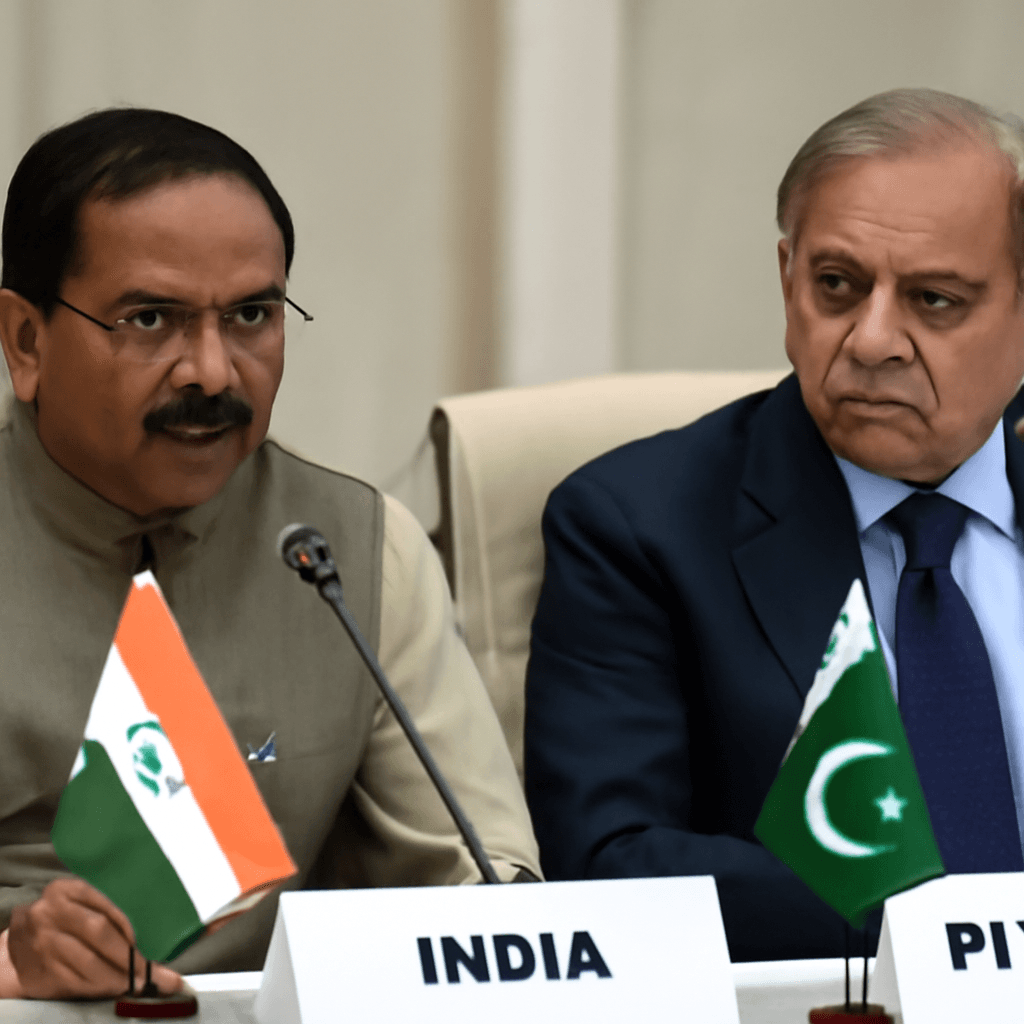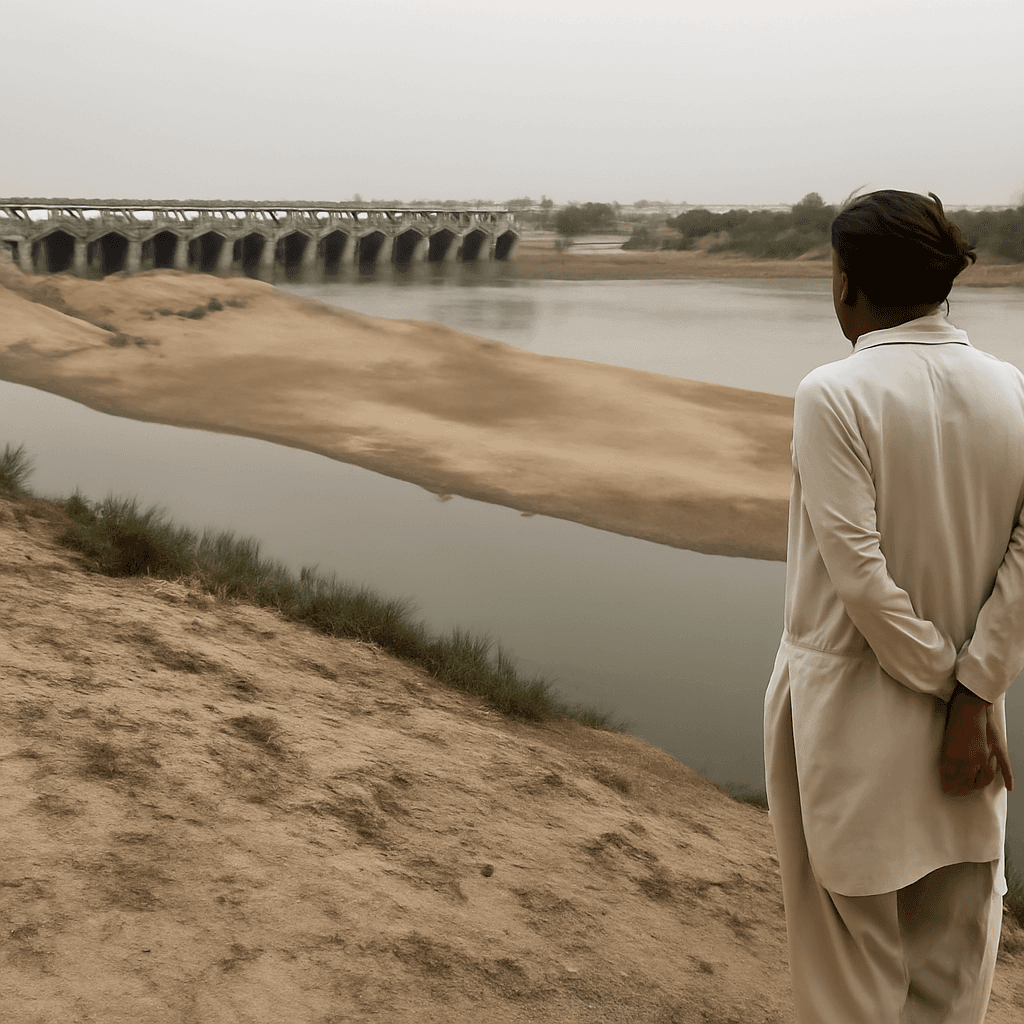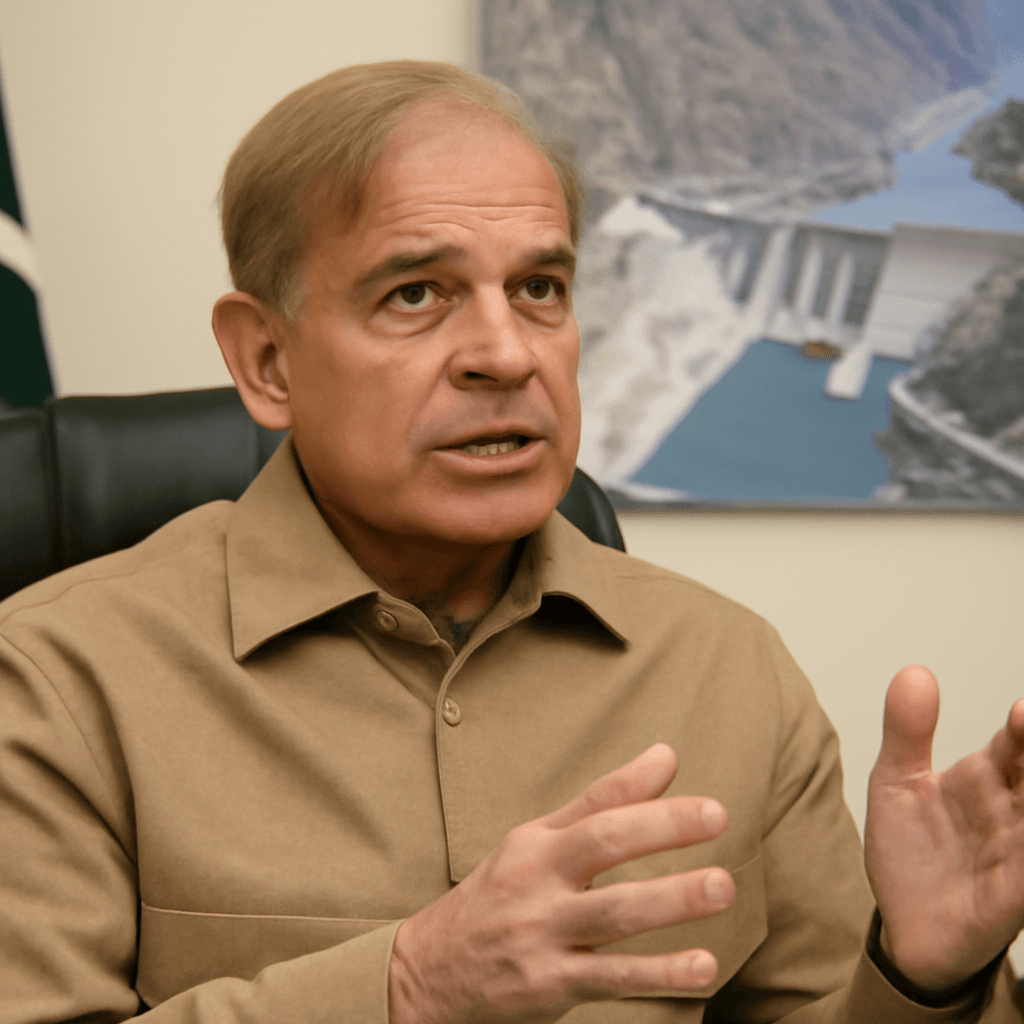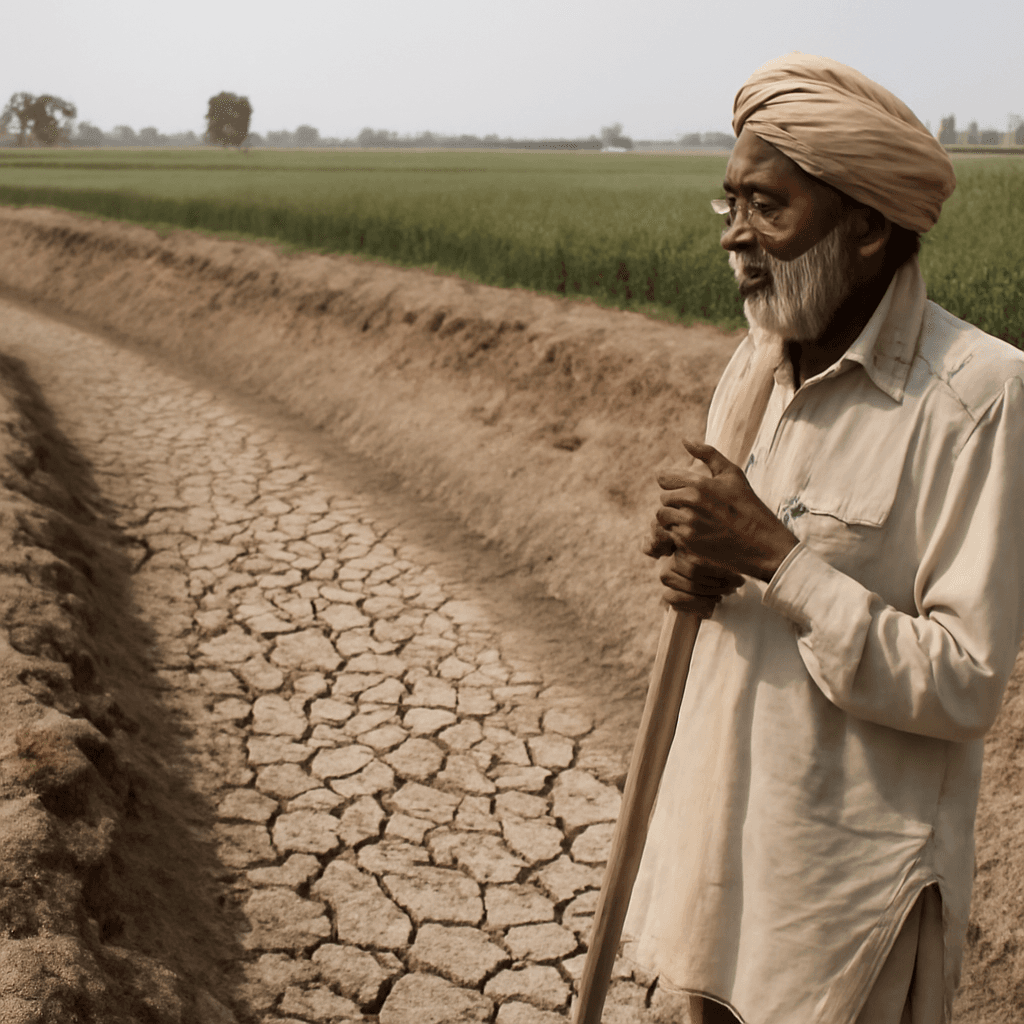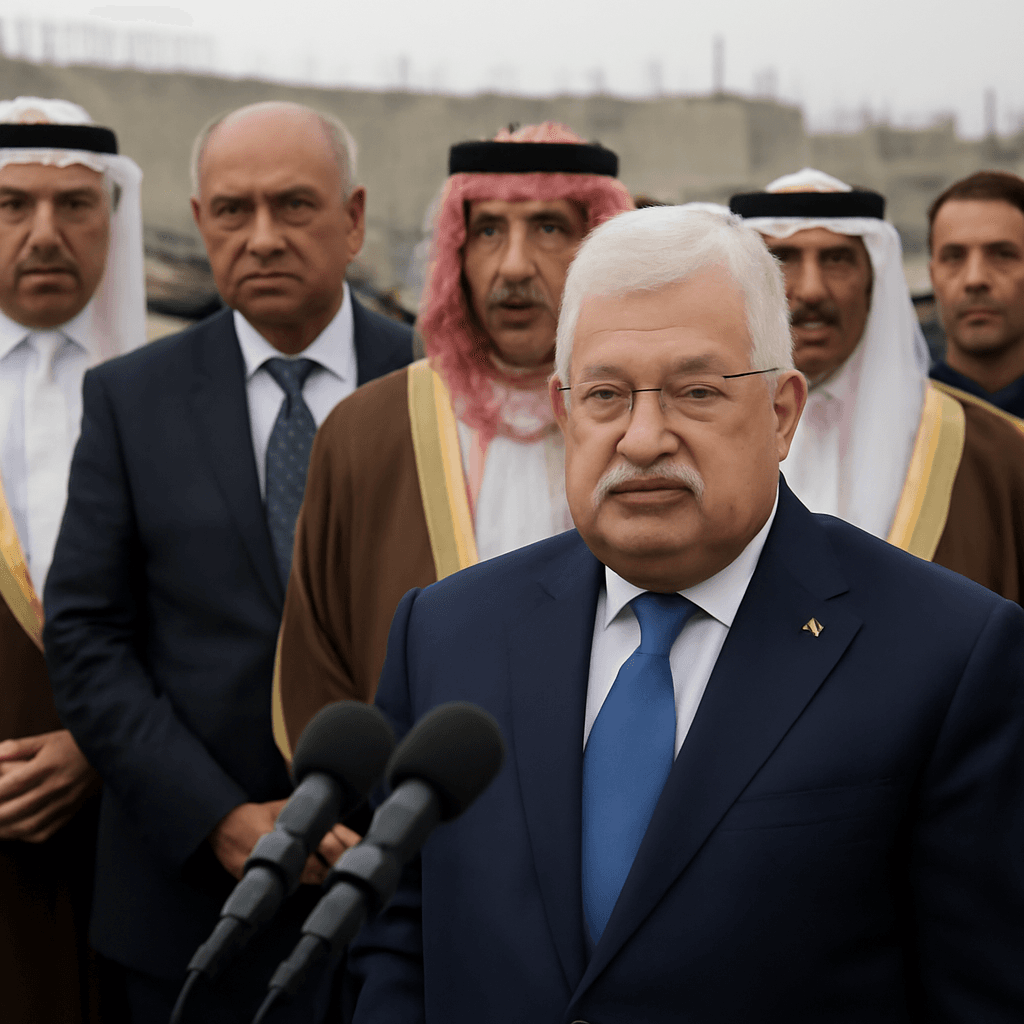India Responds to Pakistan's Allegations on Indus Waters Treaty
India has firmly rejected accusations from Pakistan regarding breaches of the Indus Waters Treaty, emphasizing that ongoing cross-border terrorism originating from Pakistan undermines the treaty's effectiveness. The response came during a speech by India’s Minister of State for Environment, Kirti Vardhan Singh, at the inaugural United Nations Conference on Glaciers held in Dushanbe, Tajikistan.
India Highlights Violations and Changing Circumstances
Minister Singh condemned Pakistan’s attempt to raise unrelated issues within the forum, stating, "We are appalled at the attempt by Pakistan to misuse the forum and to bring in unwarranted references to issues which do not fall within the purview of the forum. We strongly condemned such an attempt."
He acknowledged that the Indus Waters Treaty, signed in 1960, faces challenges due to significant changes since its inception, including:
- Technological advancements
- Demographic shifts
- Climate change impacts
- Ongoing cross-border terrorism
Singh emphasized that the treaty's foundation rests on goodwill and friendship, which requires strict adherence and good faith implementation. He stated, "Unrelenting cross-border terrorism from Pakistan interferes with the ability to exploit the treaty as per its provisions. Pakistan, which itself is in violation of the treaty, should desist from putting the blame of the breach of the treaty on India."
Pakistan’s Position on the Treaty Suspension
At the same conference, Pakistan’s Prime Minister Shehbaz Sharif asserted that Pakistan would not permit India to cross the red line by suspending the treaty, which governs water sharing of the Indus Basin. He condemned India's move to hold the treaty in abeyance as a unilateral and illegal decision that threatens millions of lives for narrow political gains.
This stance follows India's suspension of the treaty on April 22, 2025, as a punitive measure after a terrorist attack in Pahalgam, Jammu and Kashmir, which resulted in 26 fatalities.
Background of the Indus Waters Treaty
The Indus Waters Treaty, brokered with the World Bank’s involvement, is a pivotal agreement that allocates the Indus River system’s waters between India and Pakistan. The treaty has historically been a cornerstone for water cooperation despite political tensions.
Conference Focus and Participation
The three-day UN conference on glaciers aims to underline the critical role glaciers play in global ecological stability and water resource management amid climate challenges. The event in Dushanbe has attracted over 2,500 delegates representing 80 UN member states and 70 international organizations.

